The Capacity Building Center for Tribes released two new prevention resources: a brief on family-strengthening prevention practices and definitions and a guide highlighting culturally relevant services and supports for child welfare programs. The Capacity Building Center for Tribes Prevention Brief defines each stage of … Read More
Families

The Importance of Father Engagement in Family-Centered Reunification
In January 2024, the National Quality Improvement Center on Family-Centered Reunification (QIC-R) presented a webinar, “Building a Culture of Father Engagement to Enrich Family-Centered Reunification,” which focused on the importance of including fathers in the child welfare system. The webinar reviews the … Read More
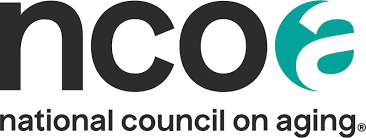
WHAT YOUNG LEADERS WANT — AND DON’T WANT —FROM OLDER ALLIES
America today is one of the most age-diverse societies in history. Sadly, it is also one of the most age segregated, with older and younger people’s paths rarely crossing outside of families. The combination of age diversity and age segregation … Read More
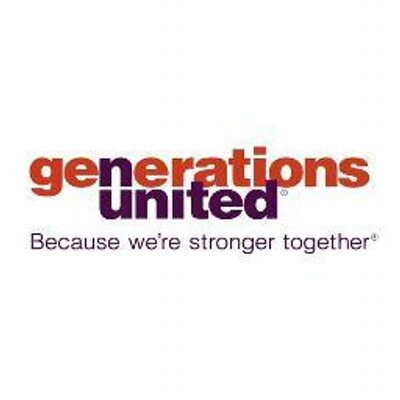
2023 State of Grandfamilies Report Release Event
Over 2.4 million children in the United States are living in grandfamilies. These are families where grandparents, other relatives, or close family friends are raising children because the children’s parents are unable to do so. The report aims to bring … Read More

Adoption and Guardianship for Children in Kinship Foster Care
The laws dictating how adoption and guardianship are granted, by which court, and what those options entail are developed at the state and tribal levels, so the intricacies for obtaining these legal relationships differ. The Brief The brief provides general … Read More
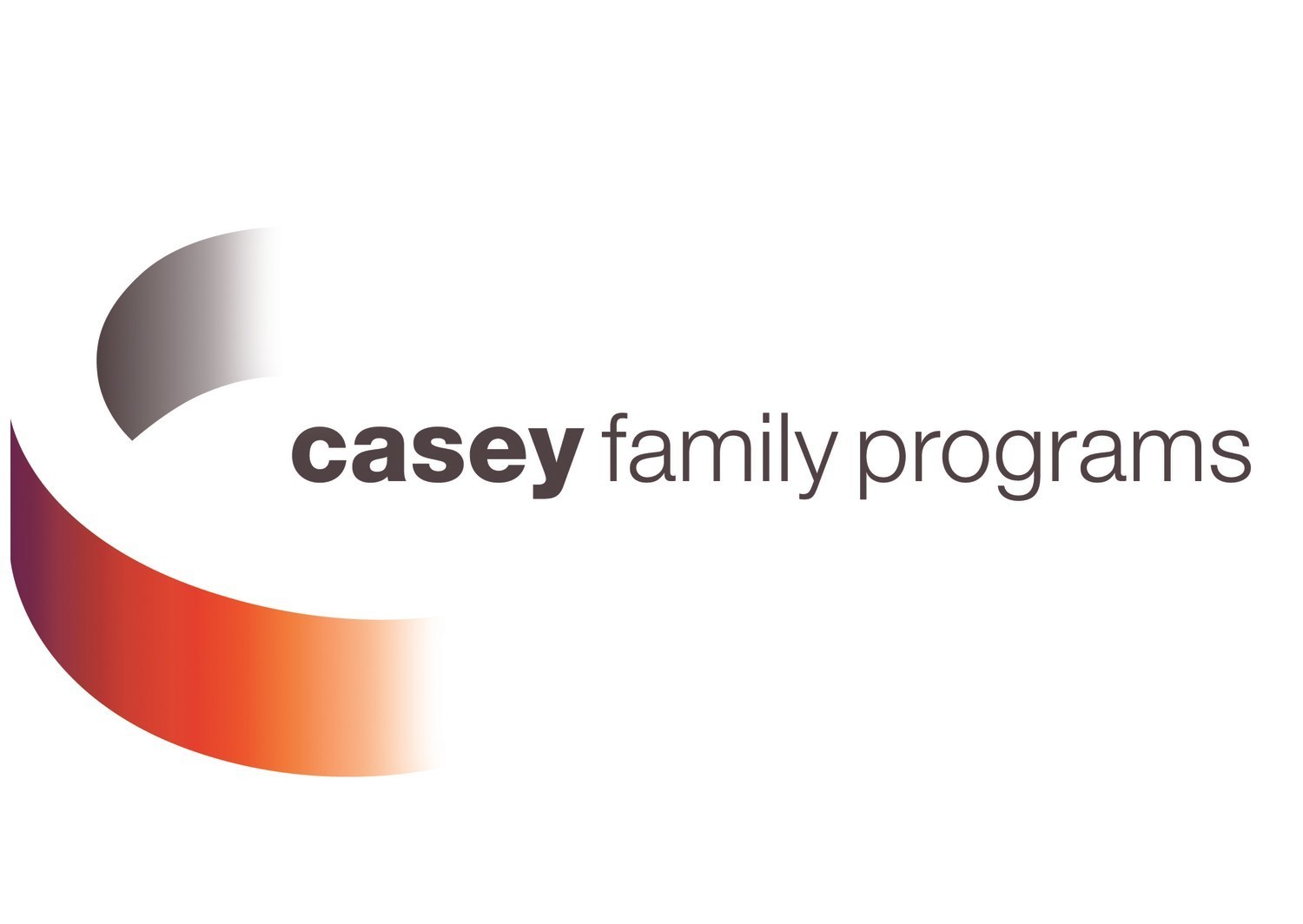
Thriving Families Safer Children Supportive Communities
Today in America, some 377,000 children are living in foster care, each child removed from their home, family and the network of caregivers, educators and other caring adults in their lives. This staggering number is also a measure of how we as a nation are faring in our responsibility to ensure that every child in every community has the opportunity to grow up in their own family connected to the people, places and cultures that will help them thrive. This report shares examples of how communities are actively partnering with families to build the foundation of a better approach, how they are using new tools and approaches to better address the needs of families and children, and how they are investing effectively to ensure thriving families, safer children and supportive communities. Engaging effectively with lived experiences. The growing movement of Thriving Families, Safer Children Broadening our lens from a focus solely on child protection to one of child and family well-being will require more than just improving our current approach to investigating and addressing maltreatment. It will require designing and building a new approach, one that draws on the commitment and talents of people across all five sectors of society: government, business, philanthropic, nonprofit and faithbased, and, critically, the families and children themselves. The voices of those children and families, especially those whose lives have been shaped by their involvement with the child welfare system, have too often been left out of the discussions about how communities can improve, and ultimately transform, their approach to child and family well-being. That is beginning to change. More and more, the voices of young adults who experienced foster care and the parents and families who overcame challenges and obstacles to stay connected to and raise their children are not only being heard in the discussion, they are being valued. They are moving into leadership positions to help other children and families draw on resilience, hope and support to heal and move forward toward a better future. Read More
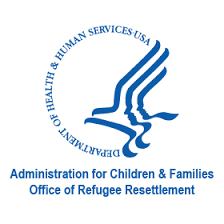
Investing in Families Prevents Child Welfare Involvement
The path forward is clear: strengthening household financial security can reduce child abuse and neglect by improving the opportunity for parents to meet their children’s basic needs, provide developmentally appropriate child care, and reduce parental stress and depression, both risk … Read More

Connecting with Families in Black and Indigenous Communities.
Kin/grandfamily caregivers’ ideas about their roles in protecting and providing for the children in their care depend on their families’ values and cultures. Working with Black and Indigenous families requires knowledge of culture and context. Some questions to think about: … Read More
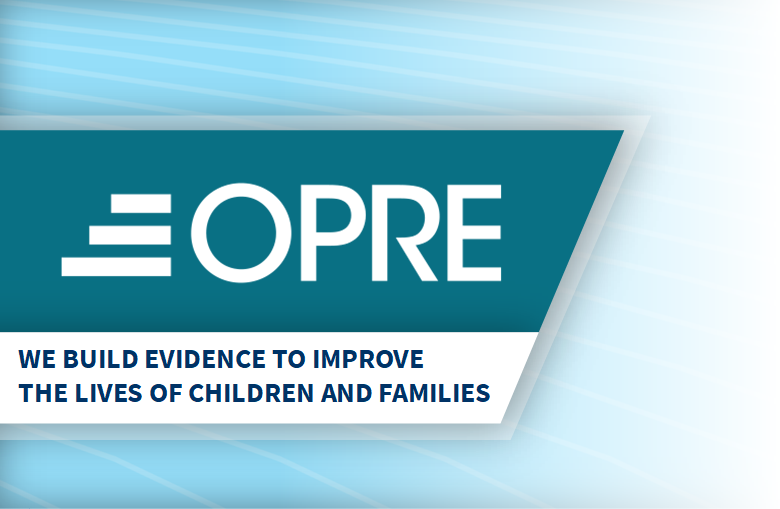
Using a Structured Learning Process to Strengthen Two-Generation Service Delivery
Introduction Two-generation initiatives intentionally combine intensive, high quality adult-focused services with intensive, high quality child-focused programs to improve outcomes for children, primary caregivers, and families. The goal of integrating services for primary caregivers and their children is to achieve better … Read More

A Poor Poverty Measure
To identify children in need, look beyond free lunch data In education policy and public debate, we often talk about students from “low-income” families. That descriptor is typically based on data from the National School Lunch Program, which provides qualified … Read More
